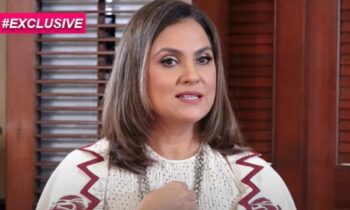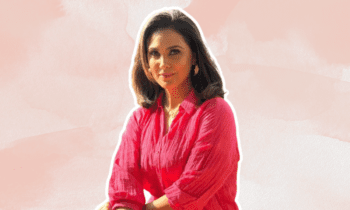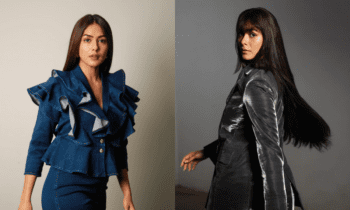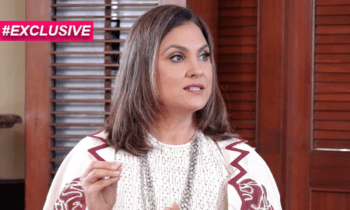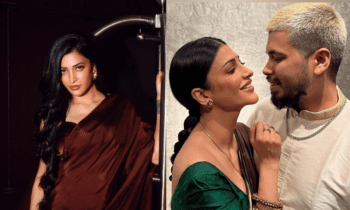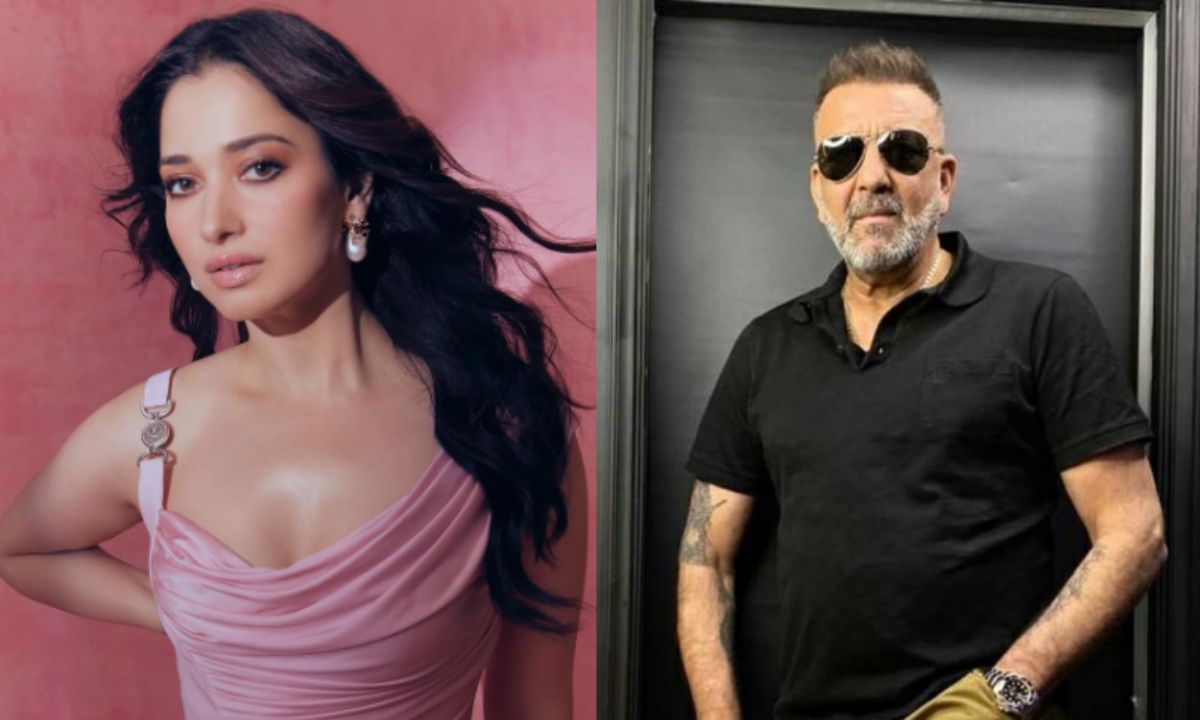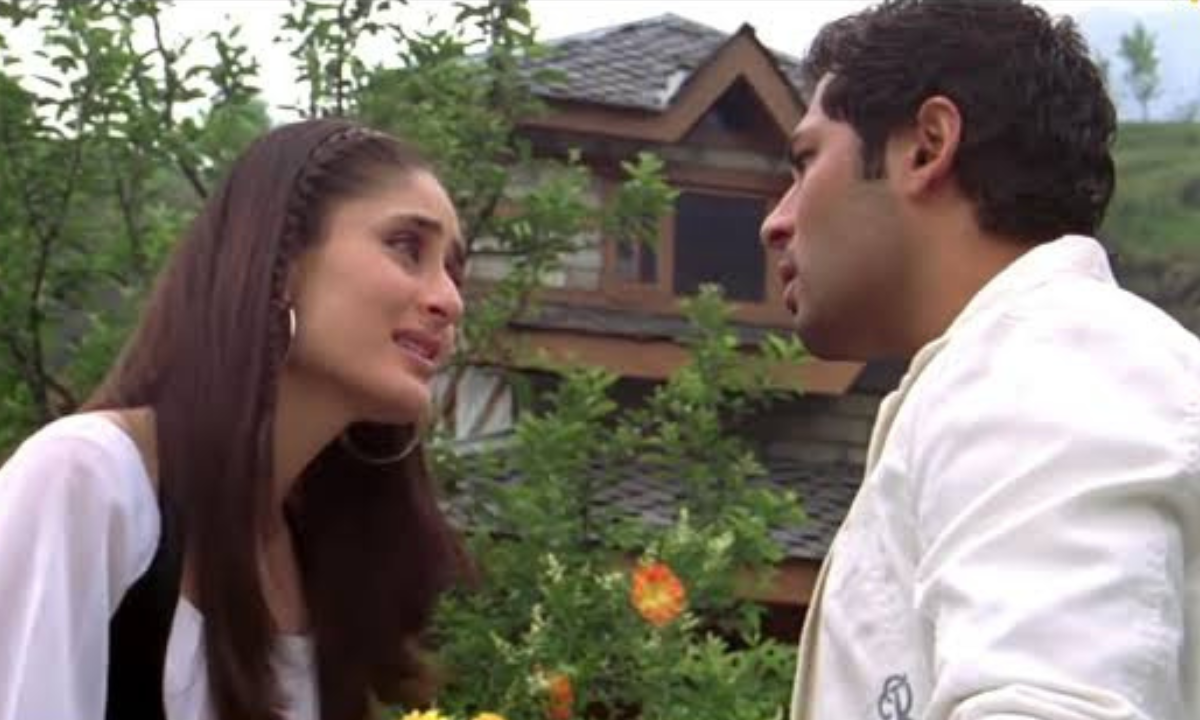Open Letter From Prominent Women To Stop Online Abuse Presented At UN Generation Equality Forum

No matter who you are, where you are from, what you do, etc., everyone has the right to be safe. Safe from any sort of violence or abuse; whether it is offline or online. And I don’t even have to emphasize the fact that since the start of lockdown, the number of cases of online abuse towards women (especially) have skyrocketed. The situation has gone so bad that the UN Women’s event #GenerationEquality, where some high-profile women from entertainment, sports, and politics were present, raised their voices to come up with a solution for online abuse that women face on social media.
Recently, 200+ high-profile women agreed upon and signed an open letter that focuses on coming up with permanent solutions to tackle the online abuse women face on social media. The letter was signed by the likes of former Australian Prime Minister Julia Gillard, ex-US tennis player Billie Jean King, British actresses Emma Watson and Thandiwe Newton, and many others. The letter was then presented at the UN Generation Equality Forum.
In fact, BBC reported that when they spoke to a few of these women, they all have at some point or another have, and still do, face online abuse. They have received or seen gendered-based, profane comments/DMs, and even witnessed pornographic cartoons being circulated on the internet. The former Australian Prime Minister, Ms. Gillard also spoke to BBC and told them that seeing those kinds of content made her “angry and frustrated that women still face this kind of abuse.”
The letter was majorly addressed to the chief executives of Google, Twitter, Facebook, and TikTok. The letter was an appeal to these platforms to take immediate action that will prioritize women’s safety from the online abuse that they face on these platforms. The platforms have so far given an affirmative responses and also noted the fact that even though steps have been taken to curb the online abuse women face, it still isn’t enough and there is a long way to go. They have also stated that the focus will be to commit to improving the systems that will help women report abuses, filter what the users see, and who they interact with – better.
Also read: Study Says Nearly 60% Women Suffer Online Abuse And It’s Driving Them Away From Social Media
The gist of the letter is how the internet is like a town square that provides a place for debates to take place, for communities to build and grow, and where businesses can sell products/services. It also mentions that it has now, more than ever, become a place for reputations to be made and grow. But what makes these digital town squares unsafe is the scale at which online abuses are growing for women. And that in turn also makes them an obstacle to gender equality.
To further drive this point home, the letter cited a 2020 study by The Economist Intelligence Unit, that studies more than 4000 women and found that 38% of them in 51 different countries had at one point or the other had a direct experience of online abuse and or intimidation. It even had reports that showed that marginalized groups —such as blacks, Latin-Americans, Asians, and mixed-race women—have faced the worst of online abuse. When it came to prioritizing women’s safety online, Azmina Dhroda who is a senior policy manager at World Wide Web Foundation, also spoke about how important it is to recognize that the online abuse women face on social media is global. She also added that this also has turned out to be one of the “biggest barriers to gender equality.”
When talking particularly about TikTok, they already have something called the ‘prompt’ which makes the users reconsider their words before posting a comment. This is kept in order to control the use of any inappropriate or other keywords that might be used. Even Twitter, in its attempt to curb online abuse, has a set of features that limits the posts the users see. Twitter’s head of legal, public policy, and trust and safety, Vijaya Gadde also said that they are currently working on the issue with other industry partners as well as civil society to ensure a safer internet for women.
As for Facebook, they announced a Women’s Safety Hub that will focus all its existing resources to deal with online abuse. They also have put in place a worldwide Women’s Safety Advisory board whose role will be to keep track of safety and make necessary recommendations. Even the World Wide Web Foundation committed to tracking these and other tech companies to ensure that the promises they have made are fulfilled and provide the others with annual reports on the progress.
All these commitments to ensure safety for women from online abuse have been a part of the announcements that were made at the UN’s Generation Equality Forum in Paris. And while these tech giants and other organizations are taking steps to prevent online abuse, as the users of the internet, we need to also ensure that this doesn’t escalate.
As everyday users of the internet, we need to ensure that we build a safe space for women online and that those women who are facing online abuse can openly talk about it and fight them. It is we who have to take steps that ensure the safety of our women so that they grow, build themselves, and achieve all that they want to.





